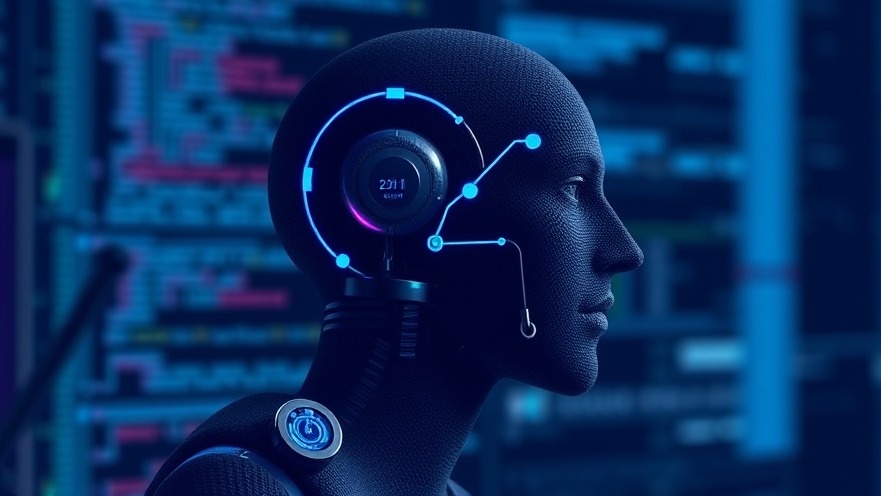
How Claude AI Helps Decode 27-Year-Old Software
In an incredible demonstration of artificial intelligence's capabilities, Claude AI has transformed a 27-year-old executable file into functional Python code in mere minutes. This process of reverse engineering not only sheds light on technological advancements but also opens up new possibilities for the software's application today.
The Impact of AI in Reverse Engineering
The integration of AI in reverse engineering marks a paradigm shift in how programmers dissect legacy software. Traditional methods could take days or even weeks to analyze and rewrite outdated code. With AI tools like Claude and platforms such as Sidekick, the timeline collapses dramatically. This rapid decompilation is pivotal for software developers and cybersecurity experts who may need to update, analyze, or secure old code quickly.
Understanding Claude AI's Role
Claude, developed by Anthropic, employs vast datasets and sophisticated algorithms that enable it to understand the intricacies of code. By utilizing natural language processing, Claude can interpret human instructions, which is crucial in programming contexts. For instance, a user may instruct Claude to identify flaws or translate functionality into modern programming languages, showcasing Claude's versatility and effectiveness.
Collaborative Tools Like Sidekick Strengthening Capabilities
The emergence of Sidekick further amplifies the reverse engineering workflow introduced by Claude. Sidekick's Orchestration Architecture fuses user command with AI capabilities, facilitating a collaborative environment where users can interactively create scripts. This interaction bridges the gap between coding proficiency and reverse engineering.
Changing the Face of Software Development
As these tools evolve, they redefine what it means to work with legacy systems. One critical advantage is not only time-saving but also accessibility; individuals lacking extensive programming skills can still engage with and modify complex software, provided the right AI tools are at hand. This democratization of technology means that anyone can venture into the realm of software analysis and innovation.
Challenges and Future Predictions
While tools like Claude and Sidekick open doors to innovation, they also raise important questions about security and integrity. As reverse engineering becomes streamlined, ensuring that these capabilities are used ethically is paramount. The future may see a balance where AI-assisted programming flourishes alongside well-defined ethical standards governing its use.
Next Steps Forward: Embracing AI in Software
The potential for AI in reverse engineering and software development will only grow. Developers are encouraged to embrace these technologies, as they provide the means to optimize performance, swiftly update systems, and ensure legacy applications continue to serve relevant purposes. A proactive approach to learning and integrating such tools is essential for those aiming to stay ahead in the tech industry.
Conclusion: Why You Should Dive into AI-Assisted Development
The transformative power of AI is evident in how it enhances tasks once thought to be insurmountable. By taking advantage of powerful tools like Claude AI, developers can reinvent old codebases and inject fresh life into outdated systems. The convergence of AI and reverse engineering is not just a trend—it's a fundamental shift in how we think about software development in the modern world.
 Add Row
Add Row  Add
Add 




 Add Row
Add Row  Add
Add 

Write A Comment